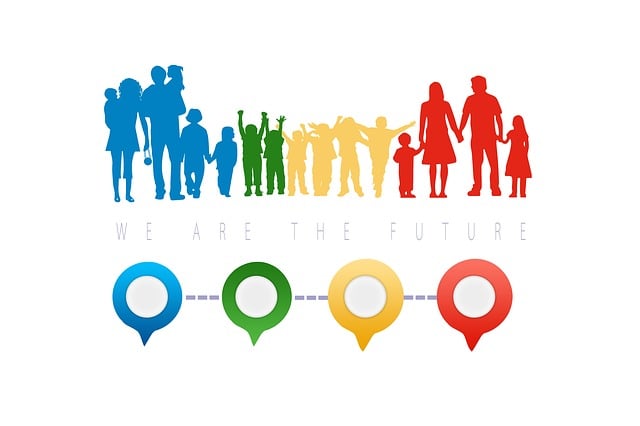Marion County's robust child welfare framework prioritizes children's best interests while ensuring fairness through collaboration among law enforcement, social services, and courts. Effective preparation for hearings involves documentation gathering, understanding rules, and building confidence. The appeals process, guided by local organizations, ensures rights are protected. Marion County child advocacy groups support families, navigating complex dynamics and legal challenges to empower parents and ensure their voices are heard.
“Ensuring the well-being of children is paramount, especially during legal proceedings. This comprehensive guide delves into the intricate world of Marion County’s child advocacy laws, offering vital insights for all involved. From understanding the local legal framework to navigating complex hearings and appeals, this article equips readers with essential knowledge.
We provide a step-by-step preparation guide for an informed approach to child welfare hearings, detailing rights and procedures. Furthermore, we explore common issues in appeals cases, empowering parents, guardians, and advocates to make strategic decisions.”
- Understanding Marion County Child Advocacy Laws
- Preparing for Child Welfare Hearings: A Step-by-Step Guide
- Navigating Appeals Process: Rights and Procedures
- Common Issues in Child Welfare Appeals Cases
Understanding Marion County Child Advocacy Laws

In Marion County, child welfare hearings and appeals are governed by a comprehensive framework designed to protect the best interests of children while ensuring fair procedures for all involved parties. Understanding Marion County child advocacy laws is crucial for parents, guardians, and legal professionals navigating these processes. These laws aim to promote a safe and stable environment for children, addressing issues like neglect, abuse, and other concerns that may arise.
The advocacy system in Marion County emphasizes collaboration between various agencies, including law enforcement, social services, and the court system. This collaborative approach facilitates a holistic understanding of each case, considering not just the immediate circumstances but also the broader context of the child’s life. By adhering to these laws and procedures, all stakeholders can work together to make informed decisions that prioritize the well-being and future prospects of the child.
Preparing for Child Welfare Hearings: A Step-by-Step Guide

Preparing for a child welfare hearing in Marion County requires meticulous planning and understanding of procedures. First, gather all relevant documentation, including case files, medical records, and any reports from social workers or therapists involved. Organize these documents chronologically to present a clear narrative of events. Next, identify key witnesses who can support your case, such as family members, teachers, or healthcare providers. Contact them in advance to ensure their availability and prepare them for their roles as witnesses.
Additionally, familiarize yourself with the Marion County child advocacy resources. The county offers various support services for parents and guardians, including legal aid programs designed specifically for family court cases. Understand the rules of evidence and procedure to effectively present your case during the hearing. Practice articulating your arguments and anticipate potential questions from the judge or opposing counsel to build confidence in your presentation.
Navigating Appeals Process: Rights and Procedures

Navigating the appeals process in Marion County child welfare cases is a crucial step for all involved parties. Parents, guardians, and other concerned individuals have the right to appeal decisions made during child welfare hearings. Understanding your rights and following proper procedures is essential.
In Marion County, appeals should be filed within a specific timeframe, usually set at 30 days from the date of the initial hearing decision. This process involves submitting a written notice to the appropriate court or administrative body, detailing the grounds for appeal. Local child advocacy organizations can provide valuable legal guidance and support throughout this journey, ensuring that rights are protected and procedures are followed correctly.
Common Issues in Child Welfare Appeals Cases

Child welfare hearings and appeals can be complex, often involving sensitive family dynamics and legal intricacies. Common issues in such cases include allegations of neglect or abuse, parental rights conflicts, and disagreements over the best interests of the child. In Marion County, child advocacy groups play a crucial role in supporting families involved in these proceedings, ensuring their voices are heard.
One significant challenge is navigating the legal system, which can be intimidating for parents and caregivers. These cases often require thorough documentation and evidence to support or refute allegations. Effective legal guidance is essential to help navigate these complexities, ensuring that all necessary information is presented clearly. Marion County child advocacy services aim to empower families by providing resources and representation tailored to their unique circumstances.






